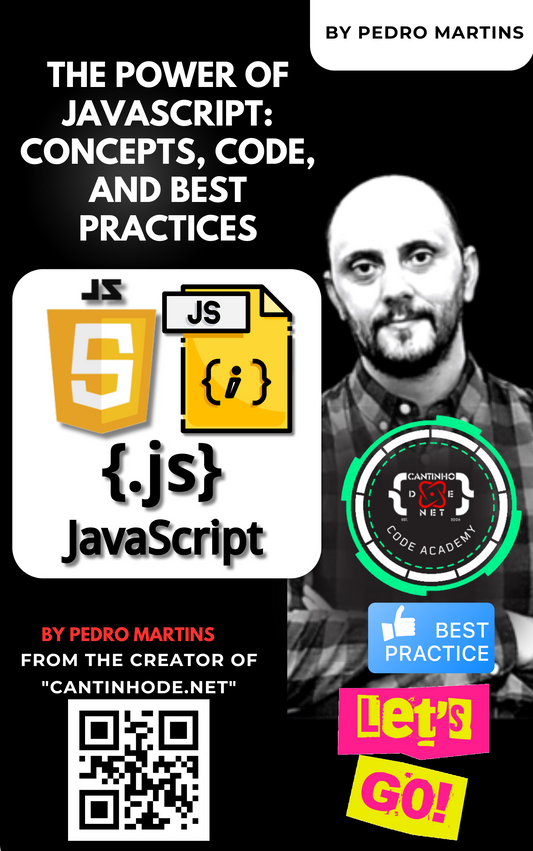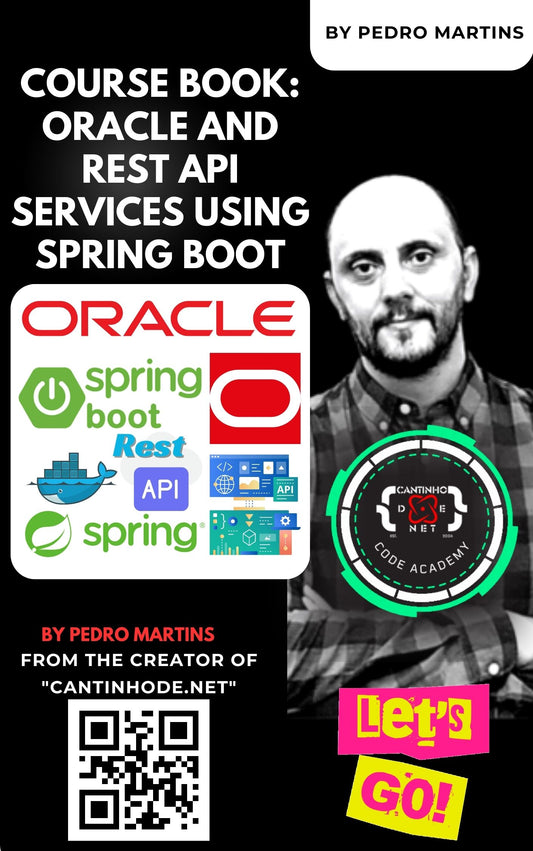In the context of AI-powered tools like GitHub Copilot, the term "semantic index" refers to a sophisticated method of understanding and organizing data based on meaning rather than relying solely on exact keywords or literal matches. This functionality is fundamental to how modern AI models assist users in coding, writing, or other complex tasks by comprehending the overall context and intent behind the user input.
What is Semantic Indexing?
Semantic indexing is a technique that organizes and retrieves information based on the meaning of the content rather than just specific words or phrases. Traditionally, indexing was more superficial, relying on keywords or syntactic patterns. However, semantic indexing dives deeper into the underlying relationships between words, ideas, or data, allowing a machine to "understand" the context in which certain terms or structures are used.
For example, in traditional keyword-based searches, the term "function" might only retrieve documents or code snippets where the word "function" appears explicitly. However, with semantic indexing, a search for "function" could return relevant information about "methods," "procedures," or even examples of similar code structures, all of which share a conceptual relationship with "function."
How Does Copilot Leverage Semantic Indexing?
GitHub Copilot and similar AI-driven tools are designed to enhance productivity by predicting and suggesting code or text based on a user's intent. To do this effectively, Copilot utilizes semantic understanding to generate suggestions that go beyond a direct match with the keywords a programmer uses.
Here’s how semantic indexing works in Copilot:
1. Contextual Awareness: Copilot can understand the larger context of the code you’re writing. It doesn’t simply look for repeated keywords; it uses a model trained to recognize the patterns and logical structures of the code.
2. Code Suggestions: By employing semantic indexing, Copilot can recommend code snippets that are contextually appropriate. Even if the exact function or variable name isn’t provided, the system can infer the meaning and suggest relevant code based on what the user is trying to achieve.
3. Adaptability to User Intent: Since Copilot uses semantic indexing, it is adaptive and can assist with code that varies slightly in syntax or structure. This allows it to offer intelligent suggestions in different programming languages or frameworks without requiring the user to input precise or predictable phrases.
Benefits of Semantic Indexing in AI Assistants
1. Improved Accuracy: By understanding the semantics, Copilot can suggest more accurate code snippets that align with the user’s intended actions, even if they haven’t been explicitly specified.
2. Faster Problem Solving: Users spend less time typing and searching for the correct commands or methods, as the system can proactively offer solutions that fit the current coding context.
3. Language Flexibility: Copilot’s ability to index semantically means that it can work across different programming languages, adapting to the specific syntax and conventions of each while still grasping the broader intent.
4. Contextual Predictions: As users work on more complex projects, Copilot learns to anticipate needs based on the overall flow and logic, reducing the cognitive load of remembering specific details.
Challenges and Considerations
While semantic indexing enhances tools like Copilot, there are still challenges:
Accuracy in Complex Scenarios: In some cases, especially when dealing with highly specialized or niche code, the semantic model might misinterpret the intent or provide inaccurate suggestions.
Over-reliance: As AI tools become more advanced, there’s a risk of developers becoming too dependent on these suggestions, potentially stifling deeper understanding or creativity in problem-solving.
Conclusion
The use of semantic indexing in tools like GitHub Copilot represents a significant advancement in AI-assisted programming. By focusing on meaning rather than just exact terms, Copilot provides smarter, context-aware suggestions, improving both the speed and accuracy of software development. As semantic indexing continues to evolve, it promises even greater innovation in how developers interact with AI-powered assistants.








